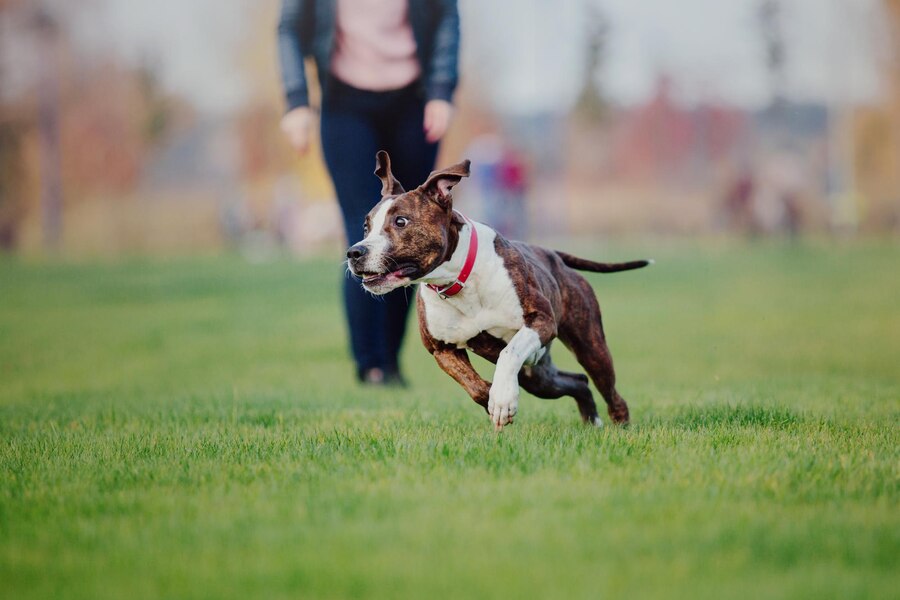Your dog run away from you because it feels scared or wants to explore. Addressing this issue involves understanding your dog’s behavior.
Dogs have various reasons for running away, ranging from fear to curiosity. A dog may feel scared due to loud noises, unfamiliar environments, or past traumatic experiences. Sometimes, a dog’s natural instincts drive it to explore new places, chase animals, or follow interesting scents.
Proper training and socialization can help mitigate these behaviors. Ensure your dog feels safe and secure in your presence. Regular exercise and mental stimulation also reduce the urge to run away. Building a strong bond with your dog through positive reinforcement encourages it to stay close and respond reliably to your commands.
Common Reasons Dogs Run Away
Dogs often run away due to fear, boredom, or the instinct to chase. Lack of training and socialization can also contribute. Understanding these triggers helps in addressing the issue effectively.
Fear And Anxiety
Dogs can be scared of loud noises. Fireworks and thunderstorms often frighten them. Anxiety may also come from new surroundings. Meeting new people or animals can make them nervous. Your dog might run away to escape these feelings. They look for a safe place to hide. Some dogs have had bad past experiences. Abuse or neglect can lead to trust issues. These dogs run because they fear getting hurt again. A dog may also sense your stress. This makes them anxious too. They might try to run away to avoid the situation.
Curiosity And Exploration
Dogs are naturally curious animals. They love to explore new places. A new smell or sound can catch their attention. This makes them want to investigate. Your dog might run away to follow a scent. They could be chasing a small animal. Some dogs enjoy the thrill of adventure. They like to see what’s beyond the yard. Boredom can also lead to wandering. If not stimulated, your dog looks for excitement elsewhere. They may run away to find something fun to do.
Behavioral Triggers
Dogs need proper training to understand boundaries. Without training, they might not know how to behave. Training helps them feel secure and confident. It also builds a strong bond between you and your dog. Regular practice is crucial. Short, daily sessions work best. Always use positive reinforcement. Reward good behavior with treats or praise. This makes learning fun for your dog.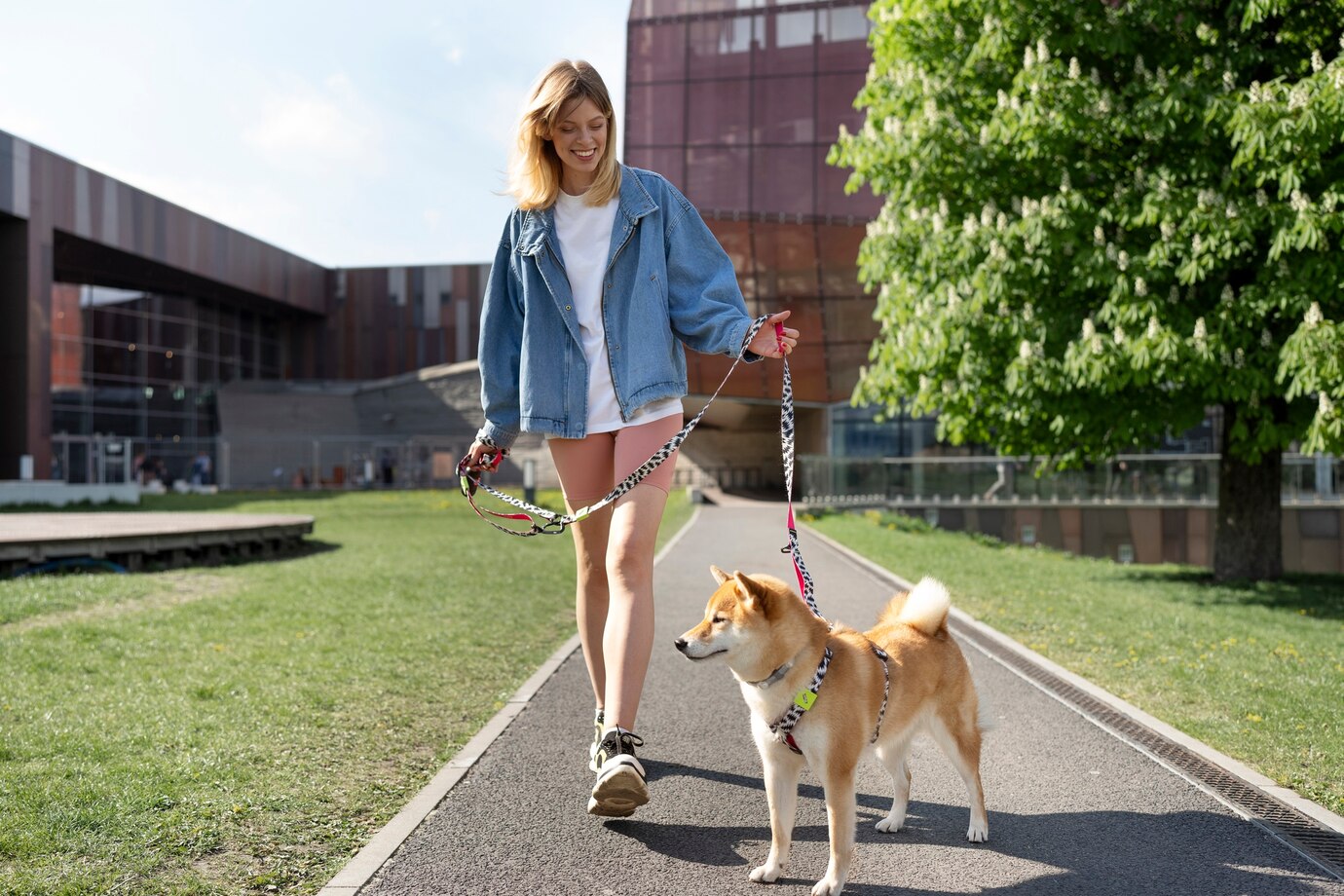
Negative experiences can make dogs fearful. If a dog has been mistreated, it may run away. Loud noises or sudden movements can also scare them. Creating a safe environment helps. Use gentle handling and calm voices. Avoid harsh punishments. This builds trust and reduces fear. Gradually expose your dog to new situations. Always ensure they feel safe and comfortable.
Environmental Factors
Loud noises, unfamiliar surroundings, and extreme weather can cause dogs to feel scared and run away. Ensuring a calm, familiar environment helps keep them secure.
Loud Noises
Dogs have very sensitive ears. Loud noises can scare them a lot. Thunderstorms and fireworks are common causes. Even loud music or construction sounds can be scary. They might run away to find a quiet place. This is their way of staying safe.
Unfamiliar Surroundings
New places can be confusing for dogs. They might feel unsafe or nervous. When they don’t recognize their surroundings, they might run away. They look for a place they know. This helps them feel secure again.
Health Concerns
Dogs may run away if they feel pain. Injuries or illnesses can cause discomfort. A sudden change in behavior can be a sign. Arthritis and dental issues are common causes. Always check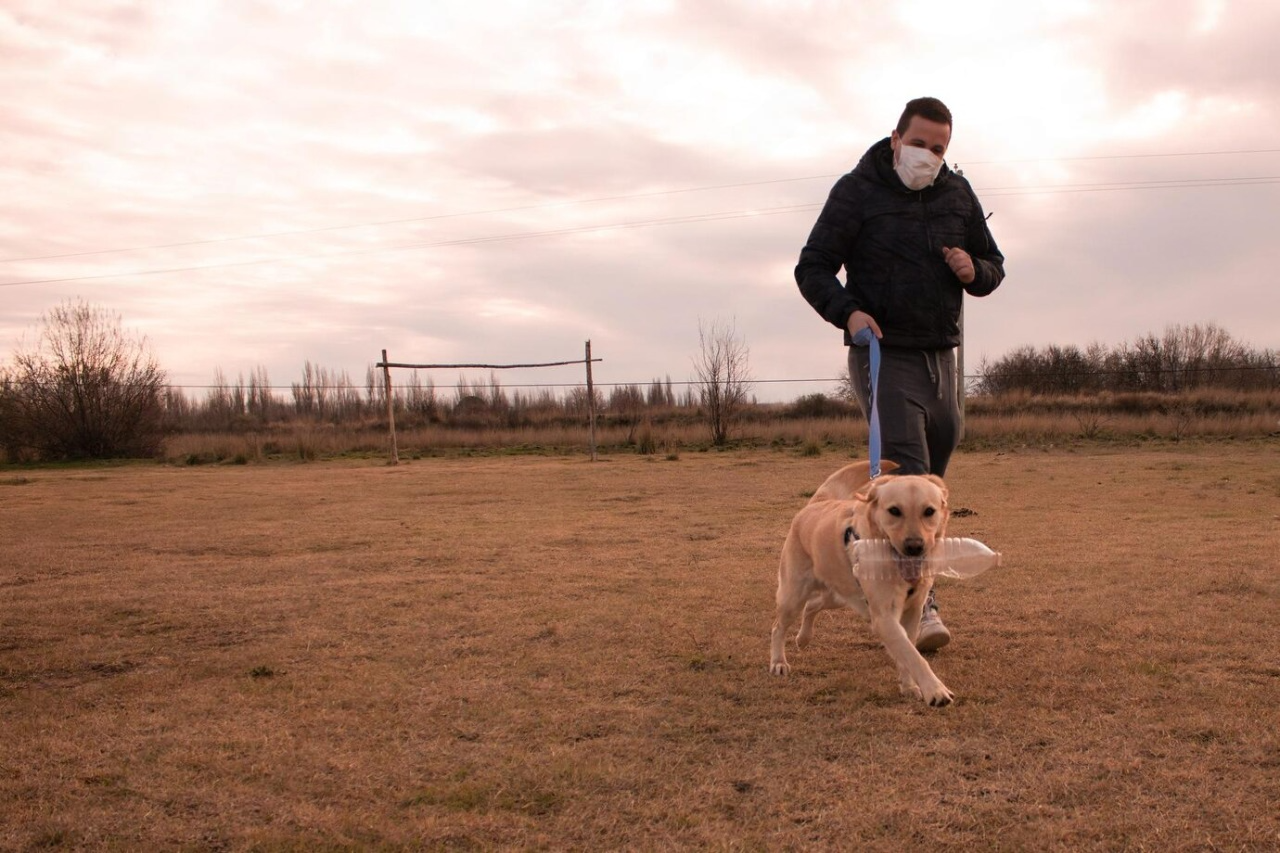 for signs of pain. Your dog might be hiding or limping. Visit a vet to ensure your dog is healthy.
for signs of pain. Your dog might be hiding or limping. Visit a vet to ensure your dog is healthy.
Older dogs can suffer from cognitive decline. This is like dementia in humans. They may get confused or forget familiar people. This can make them run away. Look for signs like disorientation or changes in sleep patterns. Consult your vet for advice and treatments.
Instinctual Drives
Dogs have strong hunting instincts. These instincts come from their wild ancestors. Even domesticated dogs can feel the urge to chase. Small animals like squirrels or birds can trigger this. Your dog may run away to follow these animals. It’s a natural behavior for them.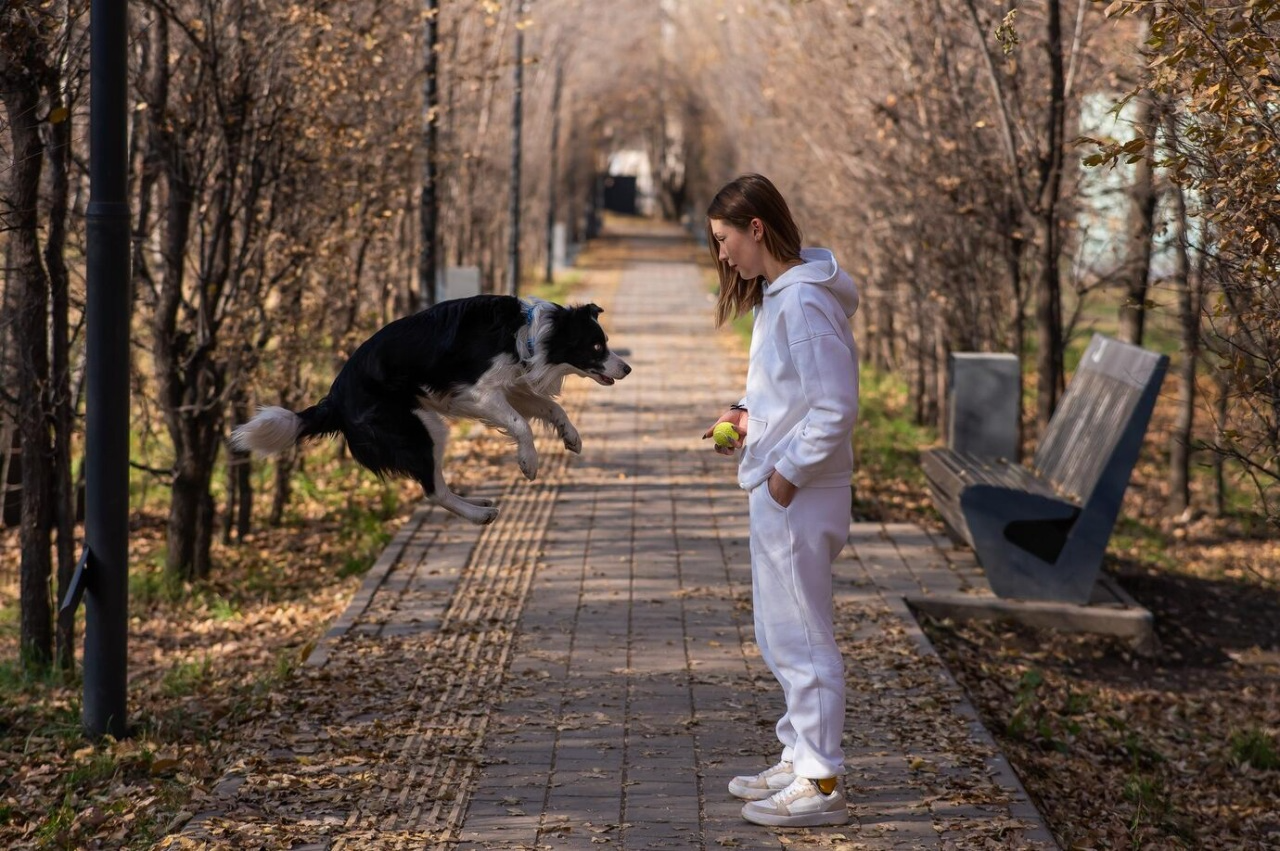
Mating urges can also cause dogs to run away. Unneutered dogs are more likely to roam. They look for potential mates during mating season. This drive can be very strong. Keeping your dog neutered or spayed can help reduce this urge. It also keeps your dog closer to home.
Preventative Measures
Start with basic commands like sit, stay, and come. Use positive reinforcement such as treats and praise. Consistency is key in training your dog. Practice commands daily. Keep sessions short and fun. Avoid punishing your dog.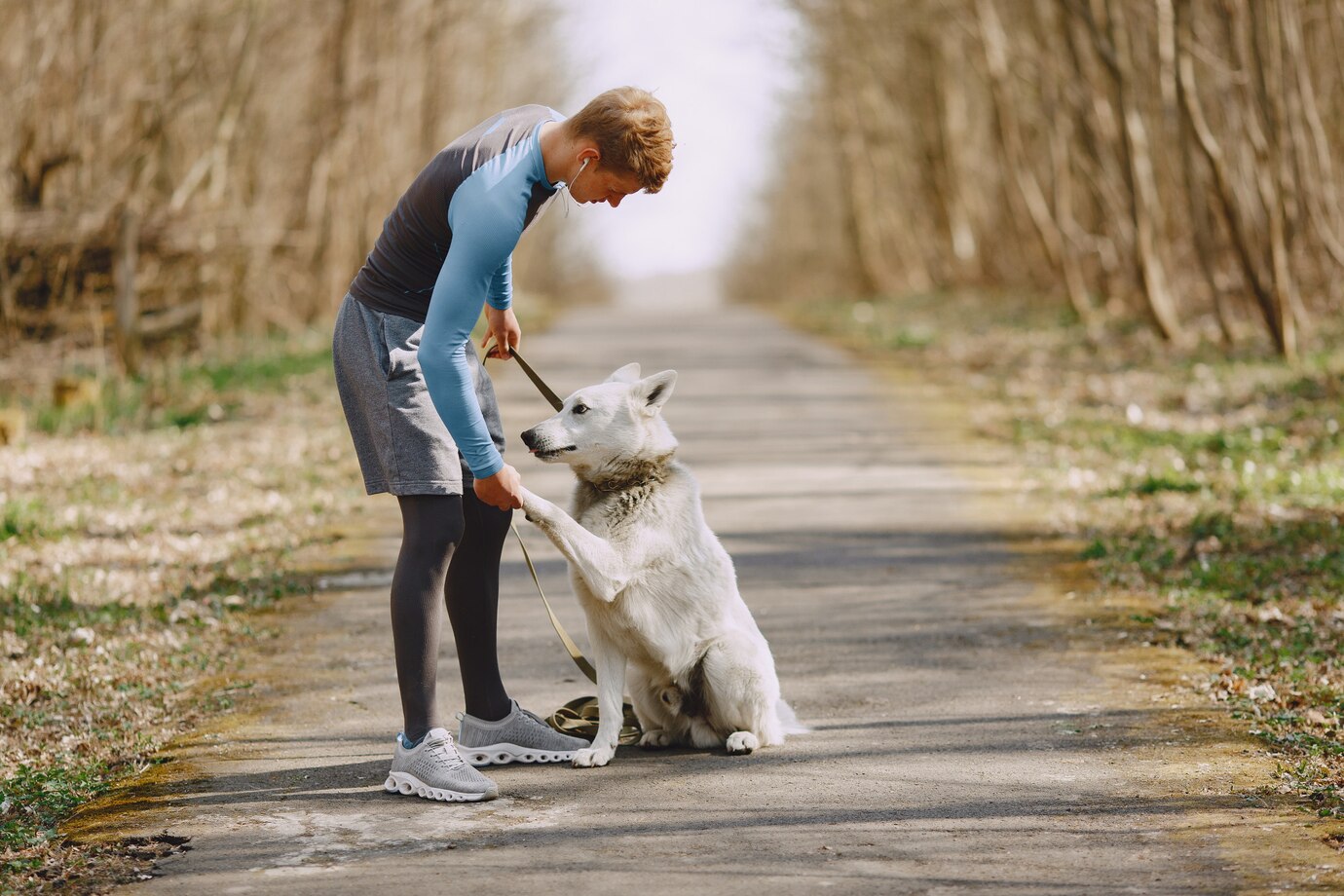
Create a secure area for your dog to play. Fenced yards are ideal. Use a leash during walks. Ensure your dog has proper identification. Microchip your dog for extra safety. Keep dangerous items out of reach. Supervise your dog in new places.
Building Trust
Dogs may run away due to fear or lack of trust. Building trust through patience and positive reinforcement can help. Establishing a secure and loving environment encourages your dog to stay close.
Positive Reinforcement
Dogs love rewards. Use treats or toys to reward good behavior. This helps your dog feel safe. Always be kind and patient. Never yell or punish your dog. This can scare them. Trust grows with positive actions.
Consistent Routines
Dogs feel secure with consistent routines. Feed and walk them at the same times each day. This helps them know what to expect. Play and train regularly. This builds a strong bond. Consistency makes your dog feel safe.
When To Seek Professional Help
A professional dog trainer can help with behavior issues. They understand why dogs run away. Trainers teach obedience commands and help build trust. Training can make your dog feel secure.
Trainers offer personalized plans. These plans focus on your dog’s needs. Regular training sessions are very helpful. Trainers can also teach fun games to engage your dog.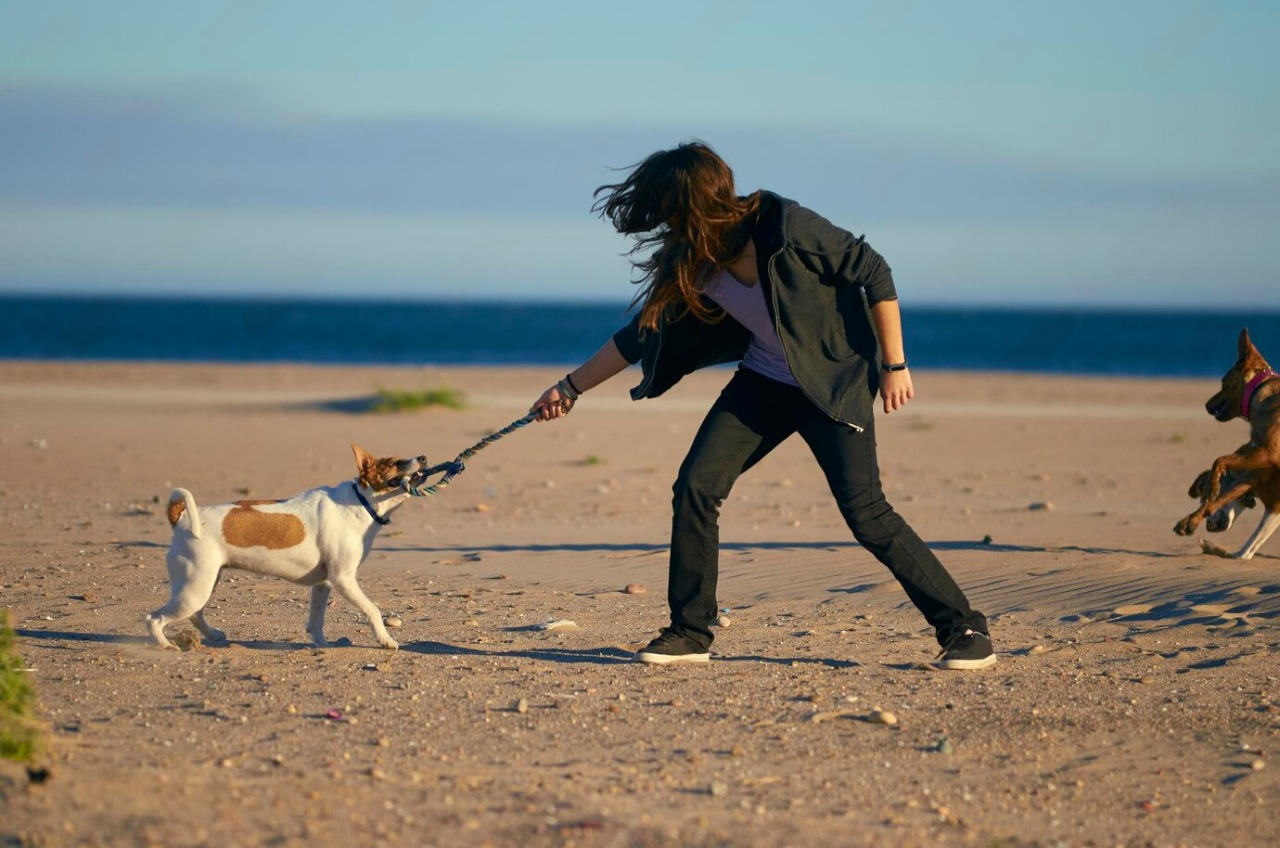
A veterinarian can check for health problems. Health issues can cause behavior changes. Pain or discomfort might make dogs run away. Vets can suggest treatments if needed.
Regular check-ups ensure your dog is healthy. Vets can also recommend behavior specialists if needed. Health and behavior are closely linked. Proper care can improve your dog’s behavior.
Another Post: What to Do If Your Finding a Lost Dog
FAQ
Why Does My Dog Avoid Me?
Your dog might be scared or anxious. Build trust through patience, treats, and positive reinforcement.
How Can I Stop My Dog Running Away?
Train your dog with consistent commands. Use rewards and practice recall exercises in a safe environment.
Is My Dog Afraid Of Me?
Fear can stem from past trauma or harsh training. Be gentle, offer treats, and create a safe space.
Conclusion
Understanding why your dog runs away helps build a stronger bond. Address their needs and ensure a safe environment. Training, patience, and love are key. Keep your dog engaged and happy to prevent escape attempts. Your efforts will lead to a more obedient and loyal companion.

